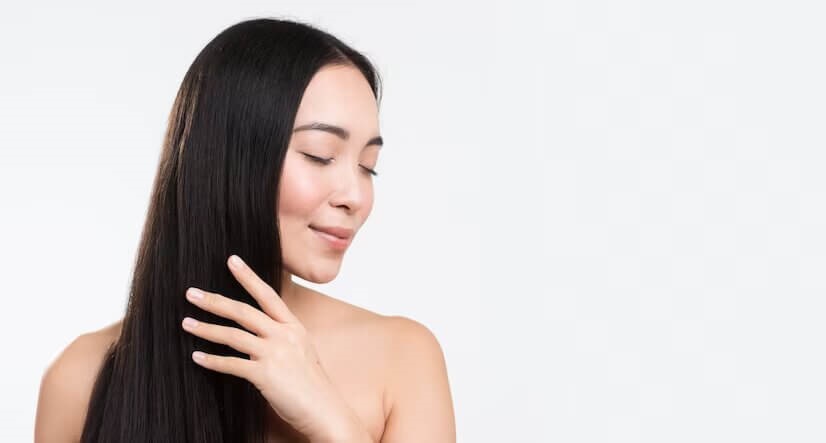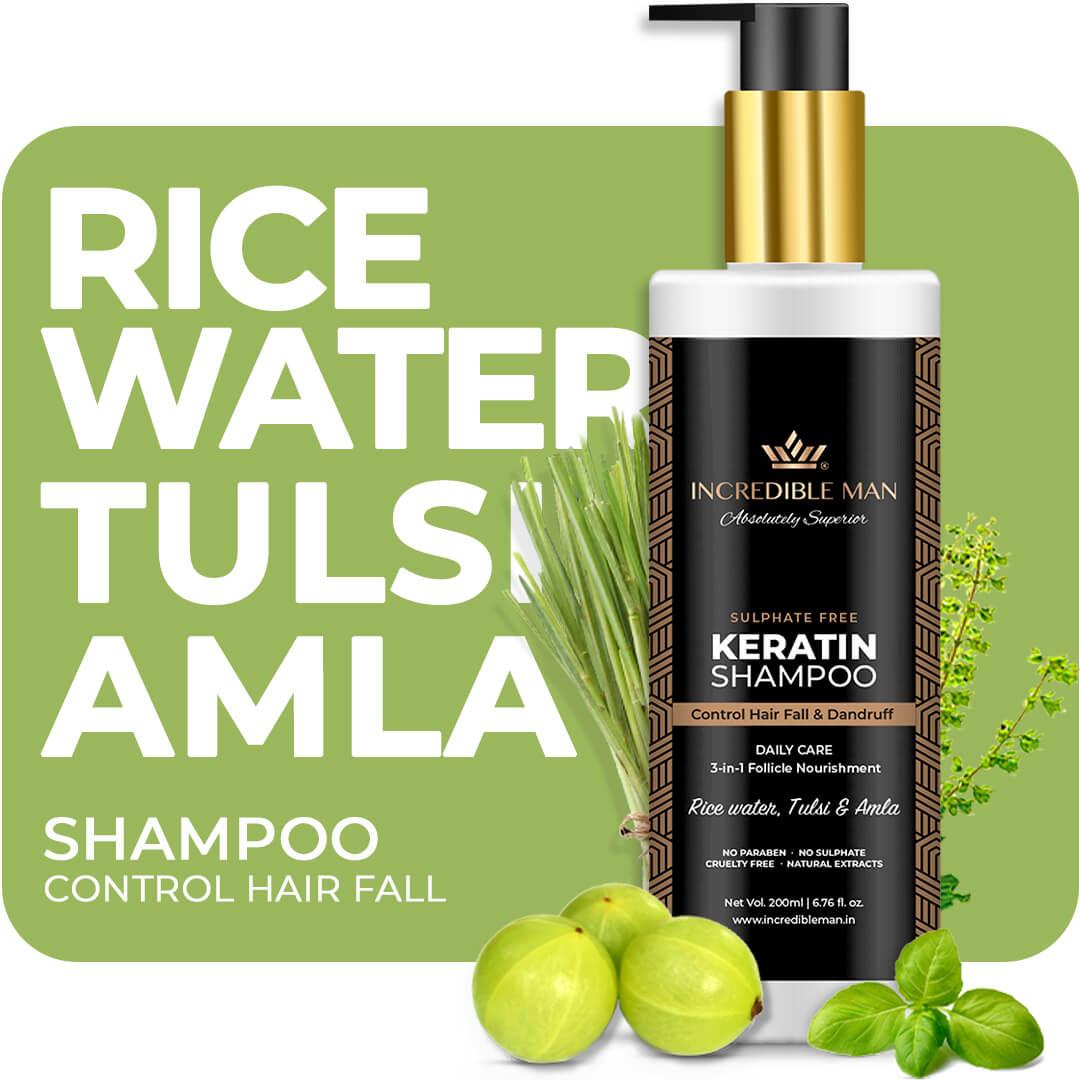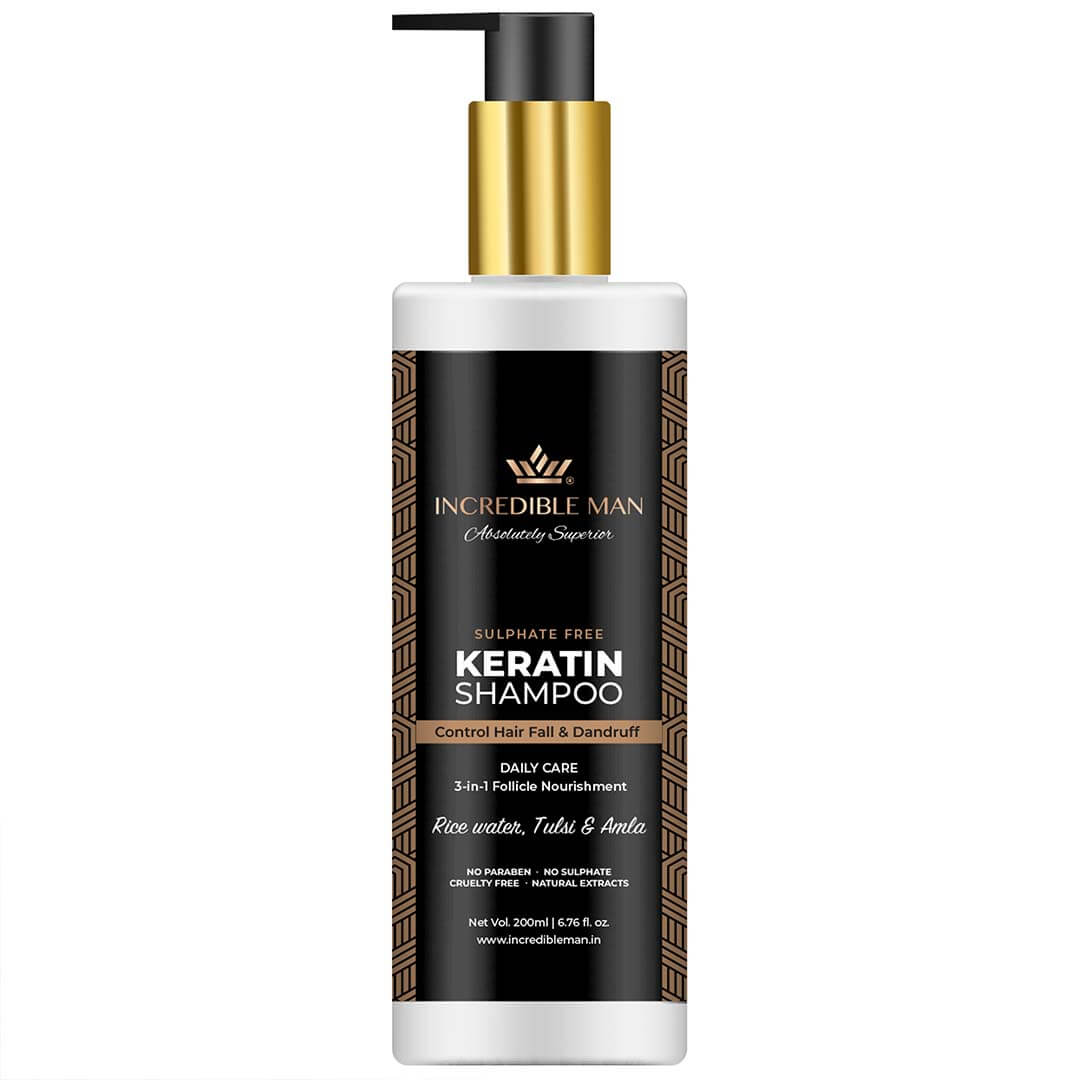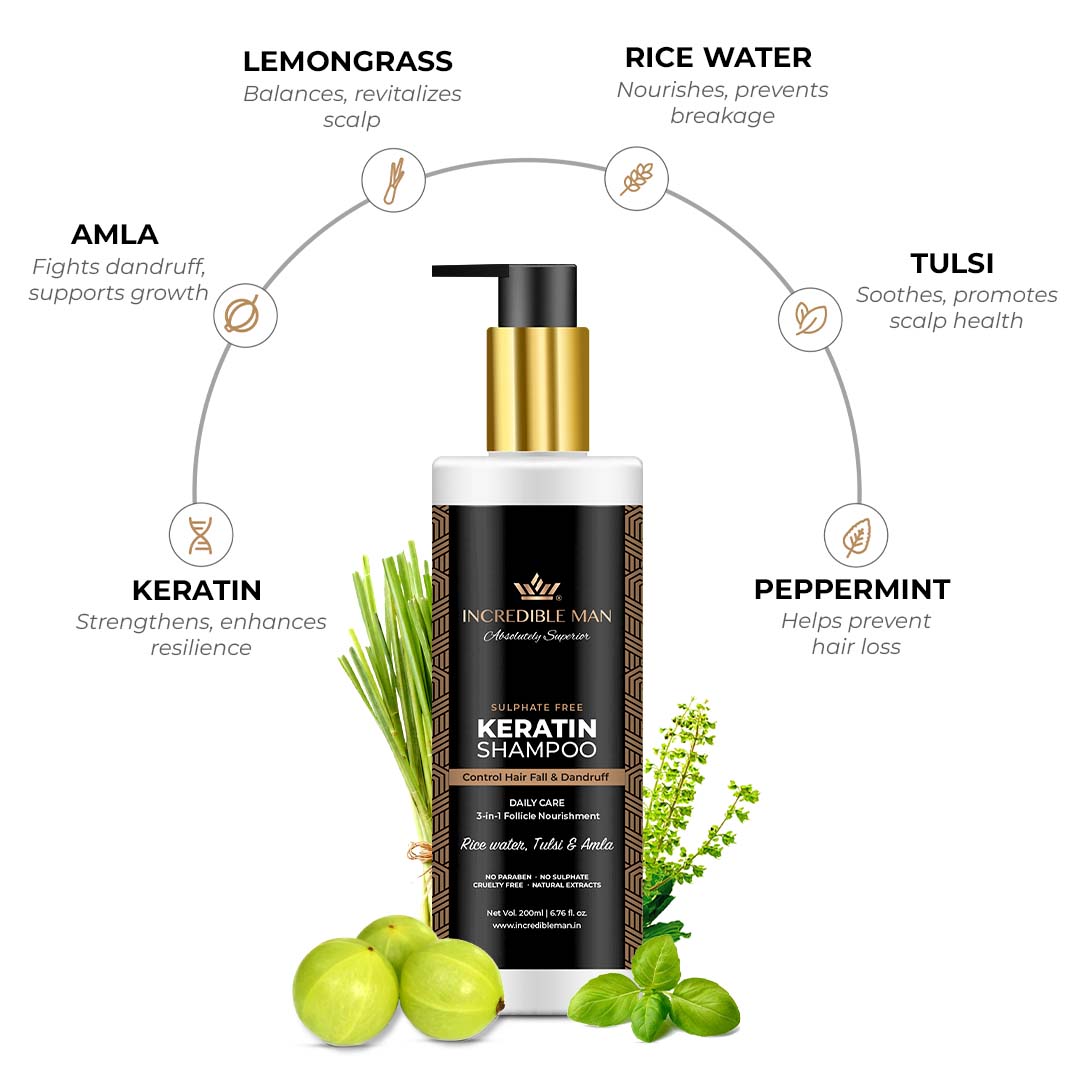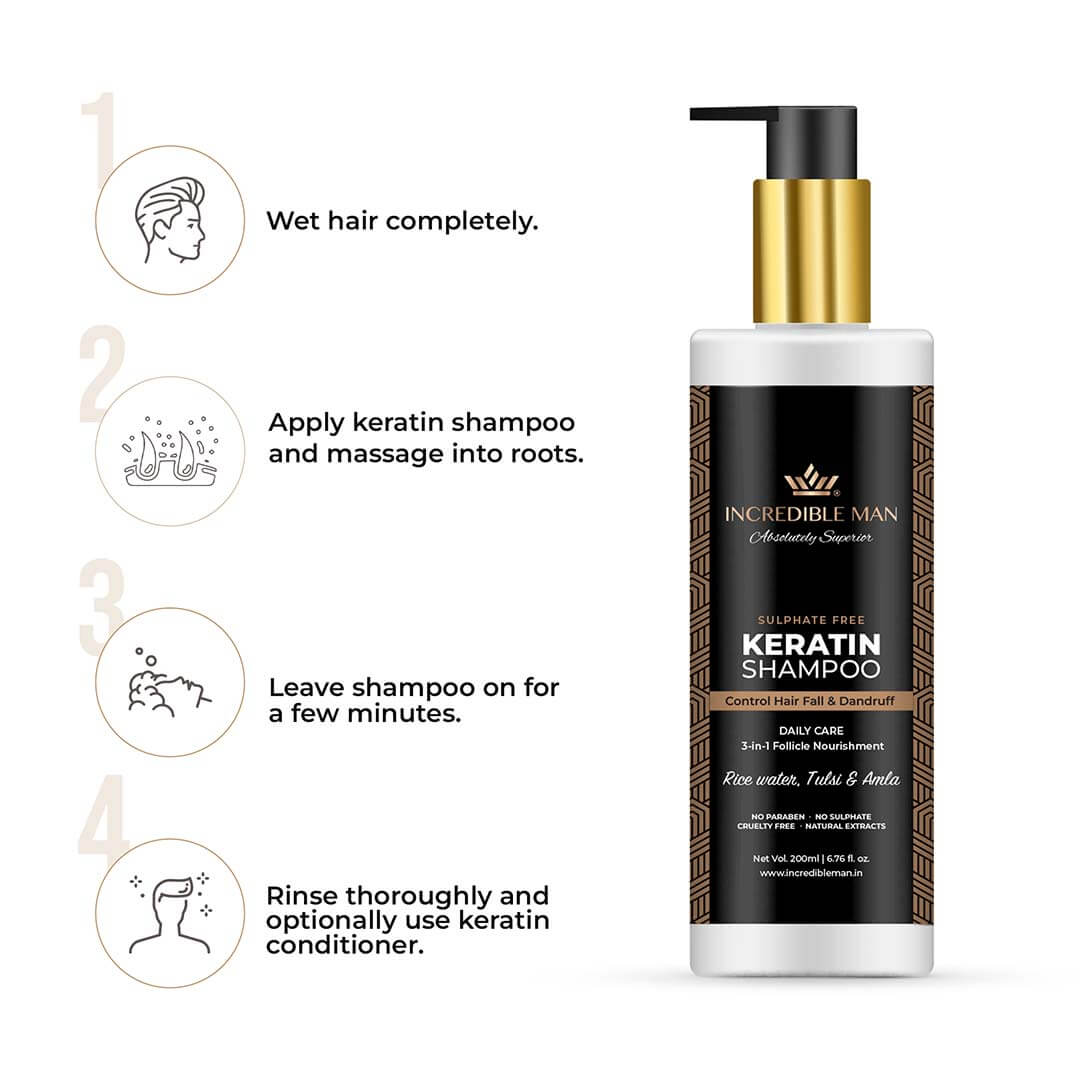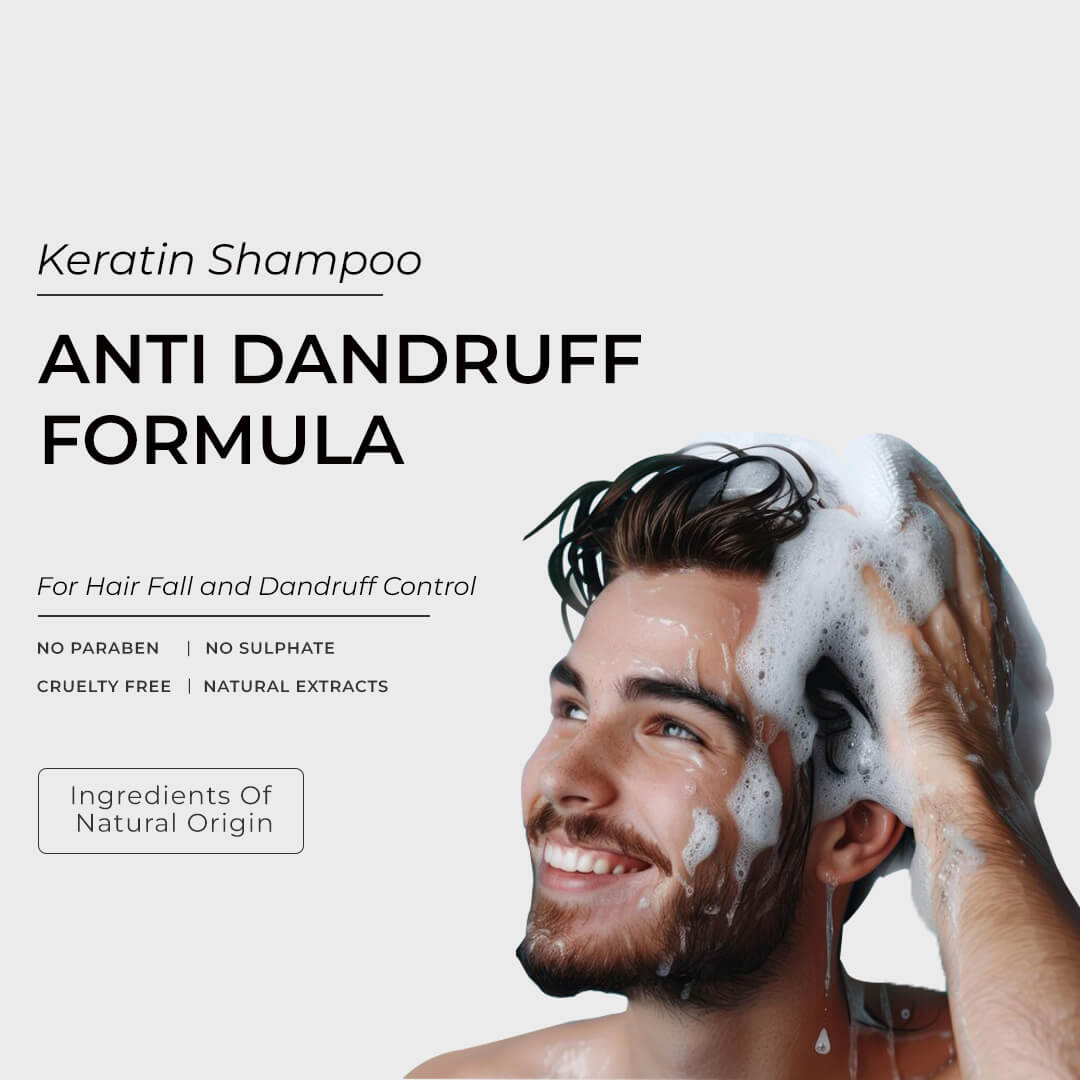Oily hair can be a persistent struggle for many individuals. Excessive sebum production can leave the hair looking greasy, flat, and lacking volume. However, with the right haircare routine and products, you can effectively manage and maintain healthy, oil-free hair. In this article, we will discuss various tips, products, and remedies to help you combat oily hair and achieve fresh, beautiful locks.
Understanding Oily Hair
Oily hair is often caused by overactive sebaceous glands, which produce an excess amount of sebum, the natural oil that moisturizes the scalp and hair. Several factors can contribute to oily hair, including hormonal imbalances, genetics, environmental factors, and improper haircare practices. It is important to understand that while oil production is a natural process, excessive oiliness can lead to various hair concerns, such as flatness, dandruff, and a lack of shine.
Tips for Managing Oily Hair
- Frequent Washing: Washing your hair regularly is crucial in managing oily hair. Use a gentle shampoo designed specifically for oily hair, focusing on the roots and scalp. Avoid using strong or abrasive shampoos that might strip the scalp of its natural oils because this can actually cause the production of sebum to rise.
- Avoid Overwashing: While it’s important to cleanse your hair regularly, overwashing can stimulate the sebaceous glands to produce more oil. Aim to wash your hair every other day or every two days, depending on your hair’s specific needs.
- Use Lukewarm Water: When washing your hair, opt for lukewarm water instead of hot water. Hot water can strip away essential oils, leading to increased oil production. Coldwater rinses can also help in closing the hair cuticles, reducing oiliness and adding shine.
- Choose the Right Shampoo and Conditioner: Look for lightweight, oil-free, and volumizing shampoos and conditioners. Avoid products that contain heavy moisturizing ingredients or silicones, as they can weigh down the hair and exacerbate oiliness. Consider using clarifying shampoos once a week to deeply cleanse the scalp and remove buildup.
- Proper Scalp Massage: Massaging the scalp during shampooing can help stimulate blood flow and regulate sebum production. Use your fingertips in circular motions to gently massage the scalp, promoting a healthier scalp environment.
- Avoid Excessive Brushing: Brushing your hair excessively can distribute oil from the scalp to the rest of the hair strands, making them appear greasier. Limit brushing to necessary detangling and use a wide-toothed comb or a brush specifically designed for oily hair.
- Avoid Touching Your Hair: Constantly touching your hair transfers oil from your hands to your strands, leading to increased oiliness. Avoid running your fingers through your hair and try to keep your hands away from your scalp as much as possible.
Products for Oily Hair
- Dry Shampoo: Dry shampoo is a lifesaver for oily hair, as it absorbs excess oil and adds volume and freshness to your locks. Use it in between washes to extend the time between shampoos.
- Volumizing and Texturizing Sprays: These products can add volume, texture, and lift to oily hair, making it appear less flat and greasy.
- Oil-Control Hair Masks: Look for hair masks or treatments specifically formulated to regulate oil production and purify the scalp. Ingredients like clay, tea tree oil, and witch hazel are known for their oil-absorbing and clarifying properties.
- Alcohol-Free Styling Products: Opt for alcohol-free styling products, such as mousses, gels, or hairsprays. Alcohol can dry out the hair, leading to increased oil production.
Quick Tip:
Also, learn more about How to Detangle Hair Without Losing Hair
Natural Remedies for Oily Hair
- Apple Cider Vinegar Rinse: Dilute apple cider vinegar with water and use it as a final rinse after shampooing. It helps balance the scalp’s pH, control oiliness, and add shine to the hair.
- Lemon Juice Rinse: Mix fresh lemon juice with water and use it as a final rinse. The acidic nature of lemon helps remove excess oil and clarify the scalp.
- Aloe Vera Gel: Apply aloe vera gel to your scalp and leave it on for 20 minutes before shampooing. Aloe vera has soothing properties and helps regulate sebum production.
- Tea Tree Oil Treatment: Add a few drops of tea tree oil to your shampoo or mix it with carrier oil like coconut oil. Tea tree oil has antimicrobial properties that can help control excess oil and reduce scalp inflammation.
Conclusion
Managing oily hair requires a consistent and tailored approach. By following the tips mentioned above, using suitable haircare products, and incorporating natural remedies into your routine, you can effectively control oiliness and maintain healthy, fresh-looking hair. Experiment with different techniques and products to find what works best for your hair type and embrace the journey towards achieving balanced, beautiful locks.
It is recommended to use a small amount of shampoo, about the size of a quarter, for oily hair. Focus on cleansing the roots and scalp while gently massaging the product in. To ensure that all residue is gone, rinse well.
Oily hair itself doesn’t necessarily inhibit hair growth. However, excessive oiliness can lead to clogged hair follicles and scalp issues, which may affect the overall health of your hair. Maintaining a balanced and clean scalp is important for optimal hair growth.
It is generally advised to wash your hair a day or two before applying hair color to ensure that your scalp and hair are clean and free from excess oils. Oily hair can create a barrier that may interfere with the color’s absorption and result in uneven or less vibrant results.
Everyone’s scalp produces oil at different rates. Factors such as genetics, hormonal balance, and hair care routine can influence oil production. If your hair doesn’t get oily quickly, it may be due to a naturally lower sebum production or a well-balanced scalp environment.
Greasy hair is not considered good for your hair as it can lead to a dull appearance, flatness, and scalp issues. Excessive oiliness can also attract dirt and impurities, making it harder to maintain clean and healthy hair. It’s important to manage oiliness and maintain a balanced scalp environment for optimal hair health.


